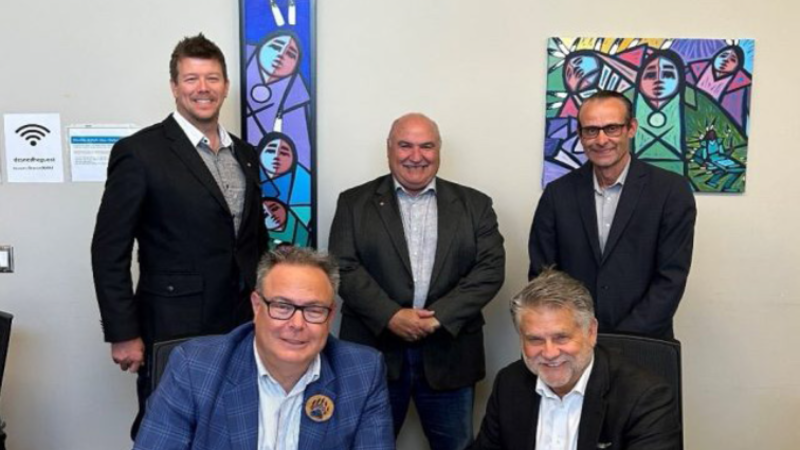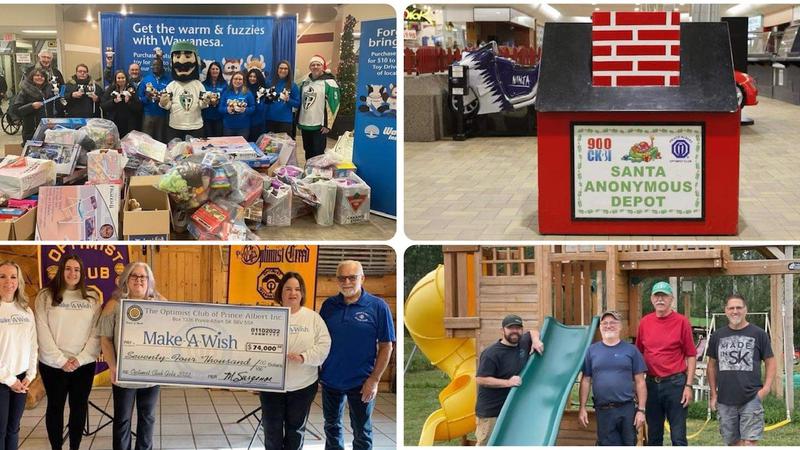An Ounce of Prevention
Mother always said eat your vegetables; drink plenty of fluids when you have a cold; get plenty of rest and don’t forget to exercise too! But despite our mother’s best advice we still get sick, injuries still happen, and hopefully we won’t, but we might need to visit the hospital emergency room. In the case of an emergency knowing what to do can make the difference and prevent things from getting worse. Knowing what not to do is just as important. It’s important to remember that taking a basic first aid class will give you the knowledge and skills you need to be safe at home, work or in the community. Visit our web site, parklandambulance.com, for upcoming courses.
When a serious medical emergency does occur, it is important to act quickly. Time is crucial. When in doubt always seek medical advice! But what is a serious medical emergency:
* Chest pain or a cardiac arrest
* Difficulty breathing or not breathing


